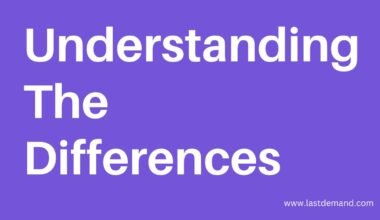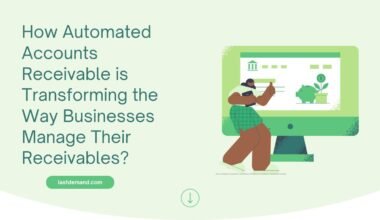Learn how to make collection calls effectively and professionally. This comprehensive guide provides step-by-step instructions on handling collection calls. Discover the strategies to maximize your success rate and recover outstanding debts.
For the world of business to function and to ensure cash flow, regular payments must be made. Customers do, unfortunately, occasionally fail to meet their financial responsibilities, which results in past-due payments. When traditional reminders and notices fail, making collection calls becomes necessary. However, collection calls require an insightful approach to save customer relationships while recovering outstanding debts.

How to Make Collection Calls
. Preparing for the Call
Before picking up the phone to make a collection call, it’s essential to prepare thoroughly. These steps will help you lay a strong foundation for a successful call:
-
Make Yourself Clear with the Account Details
-
-
- Gather all relevant information about the customer’s account, such as outstanding balance, payment history, and any previous collection efforts.
- Study the terms and conditions agreed upon during the sale or service agreement.
-
-
Review Relevant Laws and Regulations
-
-
- Understand the legal guidelines and regulations governing debt collection practices in your jurisdiction.
- Ensure compliance with fair debt collection practices, as violations can result in legal consequences.
-
-
Determine the Objective of the Call
-
- Clarify the purpose of the call, whether it’s to remind the customer of an overdue payment, negotiate a payment plan, or seek resolution for an unclear charge.
Initiating the Call
Once you are well-prepared, it’s time to initiate the collection call. Follow these steps to establish a positive tone and maximize your chances of success:
-
Choose an Appropriate Time to Call
-
-
- Consider the customer’s availability and schedule the call at a time when they are likely to be listening actively and less distracted.
-
-
Introduce Yourself and State the Purpose of the Call
-
-
- Begin the call by introducing yourself and the organization you represent.
- Communicate the purpose of the call, emphasizing that it is related to an overdue payment.
-
-
Maintain a Professional and Respectful Tone
-
- Remain calm and composed throughout the call, even if the customer becomes confrontational or resistant.
- Use polite and respectful language, avoiding any aggressive or confrontational remarks.
Building Relationships and Addressing Concerns
Establishing a relationship with the customer and addressing their concerns is important for a productive collection call. Follow these guidelines to build a positive relationship:
-
Active Listening
-
-
- Practice active listening to understand the customer’s perspective and concerns.
- Validate their feelings and show empathy while maintaining a professional approach.
-
-
Addressing Concerns and Objections
-
-
- Listen carefully to any concerns or objections raised by the customer.
- Respond with clear and concise information to address their specific concerns.
- Offer solutions or alternative payment options to facilitate resolution.
-
-
Negotiating Payment Arrangements
-
- If the customer is unable to pay the entire outstanding balance, be open to negotiating a payment plan.
- Determine a mutually acceptable arrangement that provides a structured path to repay the debt.
Follow-Up after the Call
After concluding the collection call, it’s essential to follow up to ensure ongoing communication and progress toward resolution:
-
Document the Call
-
-
- Record the details of the conversation, important points discussed, payment arrangements made, and any commitments from the customer.
- Maintain accurate and organized records for future reference.
-
-
Send a Confirmation or Follow-Up Email
-
-
- Summarize the key points discussed during the call in a confirmation or follow-up email.
- Restate the agreed-upon payment plan or resolution and include any relevant deadlines.
-
-
Regularly Monitor Progress
-
- Keep a close eye on the customer’s loyalty to the agreed-upon payment plan.
- Follow up on missed payments actively and take appropriate action if necessary.
Mastering the art of making collection calls is essential for any business that aims to recover outstanding debts while maintaining strong customer relationships. By following the steps outlined in this comprehensive guide, you can enhance your chances of success during collection calls. Remember to always approach these conversations with professionalism, empathy, and a commitment to finding mutually beneficial solutions. With practice and determination, you can effectively navigate collection calls and ensure timely payment for your business.








